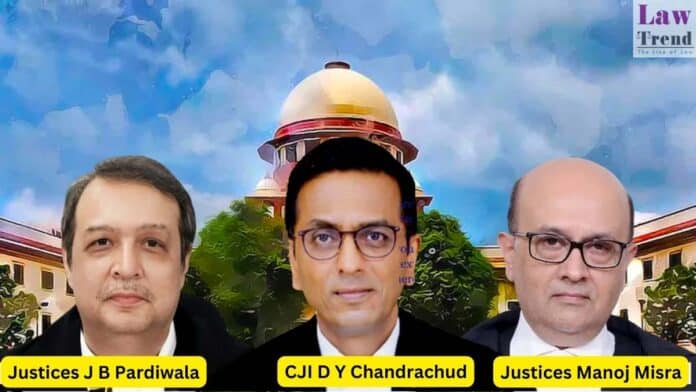In a significant ruling with broad implications for statutory authorities across India, the Supreme Court of India clarified the legal boundaries of regulatory bodies in appellate litigation. The case involved the Airports Economic Regulatory Authority of India (AERA), which sought to challenge a decision of the Telecom Disputes Settlement and Appellate Tribunal (TDSAT) on tariff
To Read More Please Subscribe to VIP Membership for Unlimited Access to All the Articles, Download Available Copies of Judgments/Order, Acess to Central/State Bare Acts, Advertisement Free Content, Access to More than 4000 Legal Drafts( Readymade Editable Formats of Suits, Petitions, Writs, Legal Notices, Divorce Petitions, 138 Notices, Bail Applications etc.) in Hindi and English.




